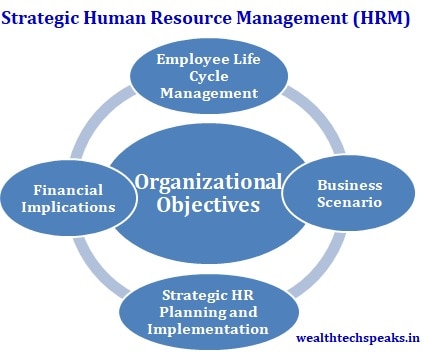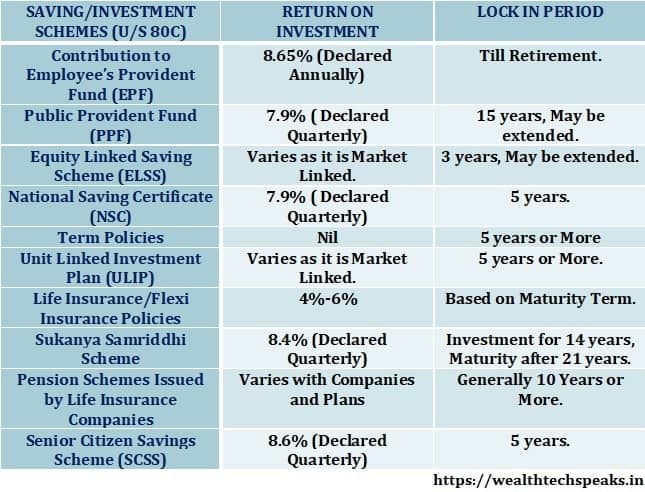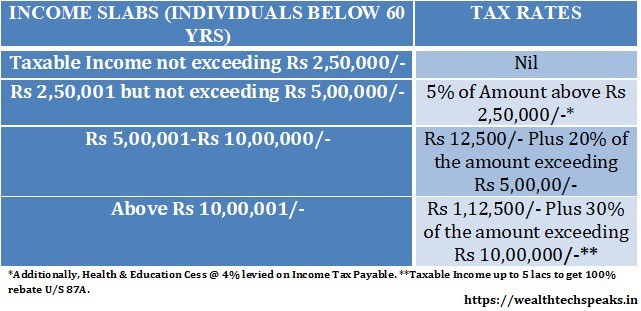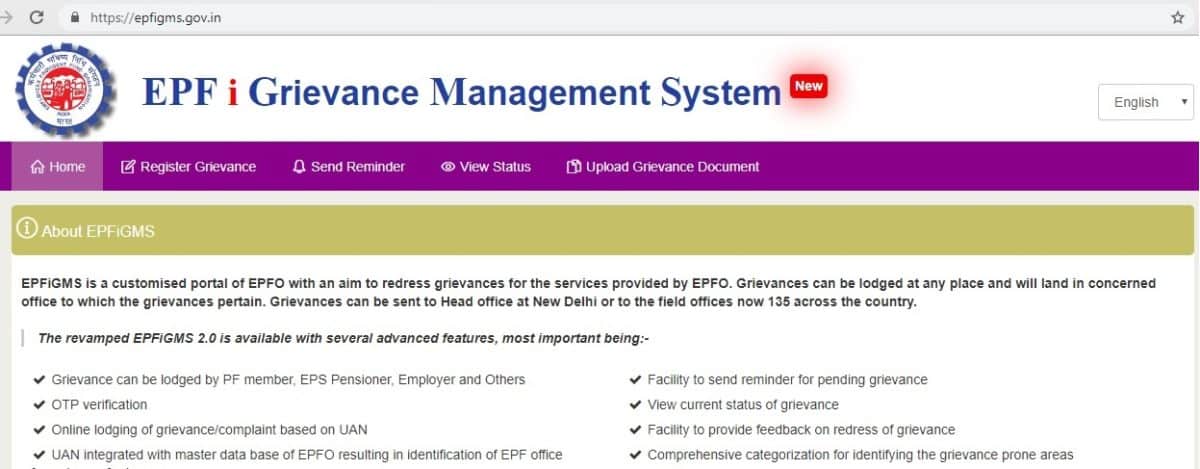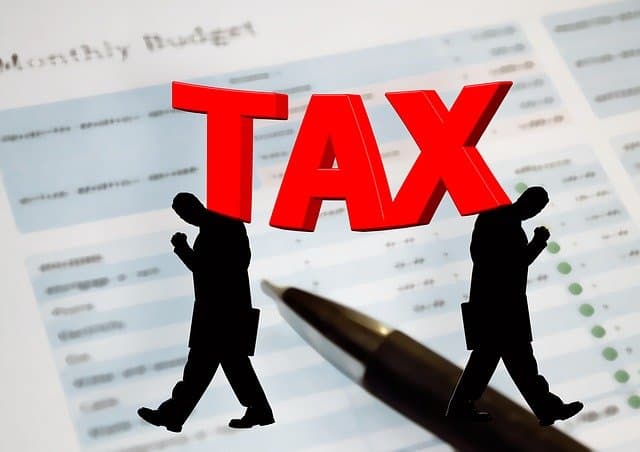
Income Tax Return (ITR) Forms: AY 2020-21
- Posted By Amritesh
- On December 12th, 2020
- Comments: one response
Time for filing income tax returns is here, this time it has been delayed due to the pandemic. But Individuals need to file their returns by 31st December, 2020 for the Financial Year 2019-20. Income Tax Return (ITR) Forms for the Financial Year 2019-20 (Assessment Year 2020-21) is available on the Income Tax Portal. Central Board of Direct Taxation (CBDT) has issued 7 Income Tax Return (ITR) forms for the Financial Year 2019-20 (Assessment Year 2020-21). The applicability of the Income Tax Return (ITR) forms has been discussed below.
Income Tax Forms for Assessment Year 2020-21
The new forms require Salaried Individuals to provide the basic details of the Salary (components as available in Form 16). Furthermore, for Income from Businesses, GST and Turnover details need to be furnished while filing returns. Non-Resident Individuals need to provide any one Foreign Bank account details so that the refund could be processed.
Key points related to Income Tax Return Filing for Financial Year 2019-20 (Assessment Year 2020-21):
#New Seventh Proviso to Section 139 (1) of the Finance Act (No.2), 2019 has been introduced. It requires Individuals undertaking specific High Valued transactions to file the returns even if total annual income is below the threshold limit.
#Deposit more than Rs 1 crore in one or more current accounts of an Individual.
#Expenditure exceeding Rs 2 lakhs on travel to foreign country, self or dependents.
#Expenditure in excess of Rs 1 lakhs or more on consumption of electricity during the year.
#Individuals who co-own a house property may file returns using ITR-1 & ITR-4 for AY 2020-21 to report the income, subject to fulfilment of other conditions.
#ITR-1 may be used for filing returns in case of Individuals, spending Rs 2 lakhs or more on foreign travel; or incurred electricity bills in excess of Rs 1 lakh; or deposits in excess of Rs 1 crore or more, respectively.
#Introduction of “Scheduled DI” to furnish details of Investment made during the extended period for the Financial Year.
#PAN needs to be linked with the Aadhaar, in case the same is not already done. Aadhaar number needs to be quoted without which ITR will not be processed. It is mandatory to link Aadhaar with PAN.
Income Tax Slabs and Rates For Financial Year 2019-20
#Form-16 undergoes changes; detailed break up of tax-exempt allowances & tax-breaks needs to be provided to eliminate discrepancies. This makes it easier for the Taxpayer filing return using ITR-1 form.
#Single Page ITR-1 Form is available for Individuals with Annual Income up to 50 lacs p.a. (Income from Salary/Pension, One House Property, Interest)
#Offline/Paper Returns may be filed only by the Super Senior Citizens (above 80 years of age) using ITR-1 & ITR-4 form. Previously, Individuals (including HUF) with annual income below Rs 5 lacs and with no income tax refund could also file offline returns.
#Standard Deduction of Rs 50,000/- is available to Salaried Individuals in lieu of Conveyance Allowance and Medical Reimbursement.
#Cess of 3% (comprises 2% cess for primary education and 1% for secondary & higher education) has been replaced with 4% Health & Education Cess in the Budget 2019.
#Long Term Capital Gain (LTCG) tax is applicable on gains in excess of Rs 1 lac on Sale of Equities & Equity Oriented Mutual Funds during the Financial Year.
#Due Date for filing of Income Tax Returns is 31stDecember, 2020. Penalty up to maximum of Rs 10,000/- to be levied in case the return is not filed within the due date.
Types of Income Tax Return Forms and its Applicability
Income Tax Return Form (ITR-1)
ITR-1 known as Sahaj is primarily for the Salaried Individuals. Additional Disclosure related to the Income from House Property, exempted Income received during the financial year (Life Insurance, PPF, Dividend, etc) needs to be provided at the time of filing returns. Few changes which have been introduced this year includes;
- Brought Forward losses under the “Income from House Property” head will not be eligible for filing returns using ITR-1.
- If a House Property is rented out, Taxpayer are required to furnish Name along with PAN/Aadhaar of the tenant.
- Under General Information, Individual will be required to disclose the Passport number, if available.
- Income from Other Sources has an additional column for deduction [U/S 57 (iv)] to disclose interest received on Compensation U/S 56 (2) (viii).
The form is applicable for following class of Individuals whose total Income includes:
#Income from Salary/Pension (Up to Rs 50 lacs)
#Agriculture Income not exceeding Rs 5,000/-
#Income from House Property (Only 1 House)
#Income from Other Sources (Interest Income)
This form is not applicable for following class of Individuals:
#Income from more than 1 House Property
#Winnings from Lotteries or Horse Races
#Income from Capital Gains Not Exempt from Tax (Short or Long Term)
#Agriculture Income exceeding Rs 5,000/-
#Individual holding unlisted equity share during the FY
#Income from Business or Profession
#Losses brought forward from previous years or Other Head Sources
#Holding position of Director in a Company
#Not Ordinarily Resident (NOR), Non-Resident Individual (NRI) or Any Resident holding Assets or Income from any Source outside India
#Relief Claimed under International Tax Norms (Sec 90 & 91)
Note: Only, Ordinarily Resident Individual may file returns using this Form.
Income Tax Return Form (ITR-2)
ITR-2 form has been revised; additional details need to be provided by the Individual. Transactions related to unlisted shares held by an Individual needs to be disclosed while filing return. Residential Status, Capital Gain transactions need to be furnished at the timing of filing returns.
It is applicable to Individuals and Hindu Undivided Family (HUF) whose Total Income includes:
#Salary/Pension Income (Including in excess of Rs 50 lacs)
#House Property Income
#Income from Capital Gains
#Income from Other Sources
#Winnings from Lotteries and Horse Races
#Clubbing of Income with another Individual (Child, Spouse etc)
#Losses brought forward from previous years
#Resident Indian with Foreign Bank Accounts, Assets or Source of Income
#Not Ordinarily Resident and Non-Resident Individuals
This form is not applicable for following class of Individuals whose Total Income includes:
#Income from Business or Profession
#Income as Partner from Partnership or Limited Liability Partnership Firm
Income Tax Return Form (ITR 3)
The form is applicable to Individuals or HUF whose taxable income includes Income from Proprietary Business or Profession, but do not qualify to file return using ITR 4 (Sugam) form. As per new changes, Audit details are required to be provided while filing returns. PAN details of partners in partnership firm also need to be furnished.
The form may be filled by following class of individuals or HUF:
#Salary/Pension Income (Including in excess of Rs 50 lacs)
#House Property Income
#Income from Capital Gains
#Income from Other Sources
#Winnings from Lotteries and Horse Races
#Clubbing of Income with another Individual (Child, Spouse etc)
#Losses brought forward from previous years
#Resident Indian with Foreign Bank Accounts, Assets or Source of Income
#Income from Proprietary Business or Profession
#Not Ordinarily Resident and Non Resident Individuals
Income Tax Return Form (ITR 4)
The form also known as “Sugam” is applicable for Individuals or HUF whose tax is calculated on Presumptive basis. Following Individuals or HUF may use this form. Conditions applicable for ITR-1 is applicable here as well; in addition to the following details.
#Incase the return is filed by anyone else other than the self, Aadhaar ID of the concerned person also needs to be provided in the ITR Form.
#If an Individual is a partner in a firm, details pertaining to the firm also needs to be provided.
Business Income calculated in accordance with special provisions laid out in Section 44AD, Section 44ADA and44AE of the Act.
#Income from Salary/Pension
#House Property Income (Only 1 House)
#Income from Other Sources (Interest, etc)
This for is not applicable for the following class:
#Income from more than 1 House Property
#Winnings from Lotteries or Horse Races
#Income from Capital Gains Not Exempt from Tax (Short or Long)
#Income from Agriculture Income in excess of Rs 5,000/-
#Business or Professional Income not in accordance with Special Provisions
#Director of Companies or Holding Unlisted Shares.
#Losses brought forward from previous years or Other Head Sources.
#Income taxable U/S 115BBDA or nature of Income referred in U/S 115BBE
#Relief claimed under International Taxation Norms (Section 90 & 91)
#If the turnover of business is more than Rs 2 crores or Income from Profession exceeds 50 lacs. Net Income is assumed at 8% (6% in case of digital receipts) for Business and 50% of the Total Gross Receipts in case of Profession.
Income Tax Return Form (ITR 5)
The form is applicable for Firms, Limited Liability Partnership (LLP) firms, Association of Persons (AOPs) and Body of Individuals (BOIs).
Income Tax Return Form (ITR-6)
The Form may be used by a Company, other than a Company claiming exemption Under Section 11.
Income Tax Return Form (ITR-7)
The Form may be used by taxpayers including companies who are required to furnish return under section 139(4A) or section 139(4B) or section 139(4C) or section 139(4D) or section 139(4E)or section 139(4F), (i.e, trusts, political parties, institutions, colleges, investment fund, etc).
Online Tax Filing Portal
Income Tax Return Form (ITR-V)
It is the acknowledgement of the return filing. This time changes have been made to ITR-V. For AY 2020-21, Unverified ITR will only contain basic information. Once the verification process is complete Taxpayers may download the Final ITR-V.
Submission of Income Tax Return Forms (ITR)
All income taxpayers are now required to submit their returns online. Individuals need to seed their Aadhaar Number with PAN to process the income tax return. Last date for Tax Filing is 31st December 2020 for Individuals, Body of Individuals (BOI), Hindu Undivided Family (HUF), Association of Persons (AOP). Businesses complying with Audit need to file returns by 31st January, 2020 while Businesses under purview of Transfer Pricing also need to file returns by 31st January, 2020.
Wealthtech Speaks or any of its authors are not responsible for any errors or omissions, accuracy, completeness, timeliness or for the results obtained from the use of this information. The article is for informational purpose only, aiming to provide brief idea about Income Tax Return Forms and its applicability. Readers are advised to research further to have more clarity on the topic. We do not claim expertise on the subject. It is very important to do your own study and consult your Tax Consultant before making any income tax related decision.

